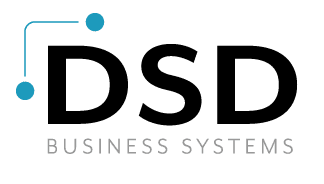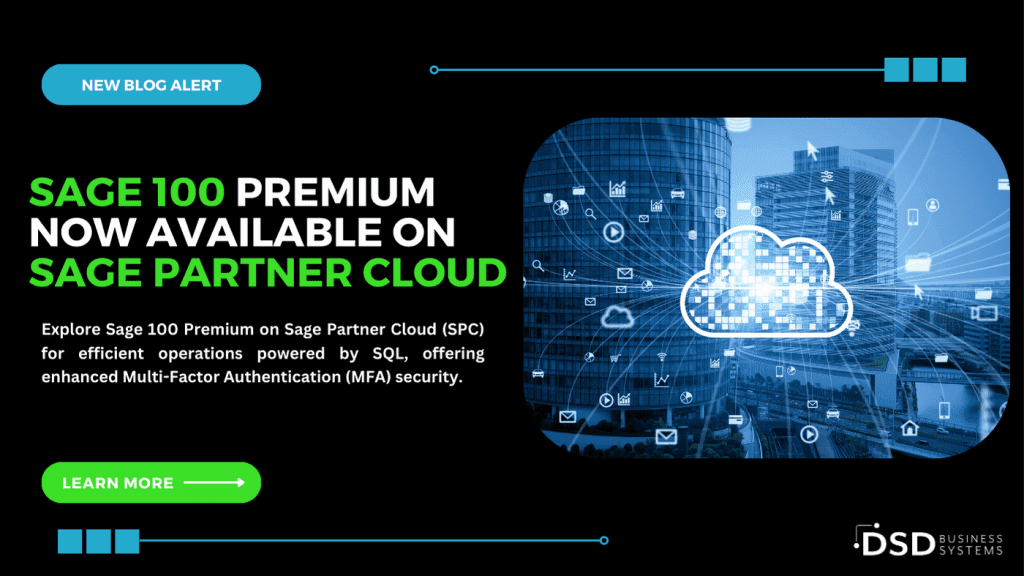The Retirement of the Extended Solutions Catalog by Sage
Blog by Doug Deane
The Retirement of the Extended Solutions Catalog by Sage
The entire MAS90 reseller community knows that in November of 2009, Sage announced the retirement of the entire Extended Solutions catalog by releasing this statement to the business partners:
“Sage is continuing to take steps to simplify our product portfolio. We’ll now begin to phase out Sage MAS 90 and 200 Extended Solutions, which were created to address specialized needs of unique businesses. This phase-out process includes incorporating the main features and functionality of many of the top Extended Solution titles into the core product. That additional functionality will be delivered over the next several releases and product updates. This benefits our customers in many ways:
- Adds more value for Sage MAS 90 and 200 customers — most popular features and functionality will continue to be incorporated into core products over the next few releases and product updates
- Reduces “nickel and diming” — customers will see reduced maintenance charges on their annual renewal date when their Extended Solutions titles are no longer added in, resulting in a lower cost of ownership
Sage originally purchased the Extended Solutions catalog from Alan Bryant’s company, The Macabe Associates, in Seattle. Alan is now a Senior VP at Sage.
The ES enhancements inherited the unique traits of the old Macabe programs. The ES enhancements use “common programs” to store much of the program’s functionality. When an end-user purchased two or more ES enhancements, a special program had to be run by Sage staff to combine the enhancements that were ordered into one single installation package, containing common programs used by many ES enhancements, including ones OTHER than the ones they ordered.
This was a benefit in two respects:
- It increased the likelihood that all of the enhancements ordered by a single end-user would “play well together”. That is, they would not overwrite each other’s programs or installation files.
- It also meant that if two or more enhancements were ordered, the end-user only had to perform one installation process, because all the enhancements had been combined by Macabe/Sage.
On the flip side, this process created huge drawbacks because:
- Valuable staff time was needed every time something was ordered, even just a demo copy.
- Enhancements couldn’t be downloaded and activated via the Internet because human intervention was necessary.
- Testing the one large common program that all the enhancements pulled their code from was undoubtedly a nightmare and a reliability issue.
- If a bug was found in a common program routine for an end-user who had two or more programs, you couldn’t simply send them a corrected file. Macabe/Sage had to rerun the common program compilation routine, and if they happened to forget about another enhancement that same end-user owned, then sending the “correction” would cause another ES enhancement not to work properly.
This is a huge challenge going forward, for all of the developers. Because most of the development channel uses DSD’s Codezilla Developer Utilities, there are no developers that we know of, other than Macabe or the ES catalog, that used this combined “common program” method. All the MAS developers create stand alone enhancements which do not have to be combined before they are sent to an end-user. This means that none of the developers’ enhancement delivery infrastructure is setup to handle the delivery of ES enhancements.
The developers who have committed to providing ES enhancements cannot possibly completely rewrite them in order to meet their own in-house programming and installation standards, which means that the involved developers will have to maintain two sets of programming standards, and possibly two sets of enhancement installation routines, or they will have to spend a great deal of time trying to combine the ES installation routines with their own. Either way, it’s a small programming nightmare. This will undoubtedly cause training, testing and reliability issues for all the involved developers.
On top of all that, Sage has elected NOT to allow the developers access to some very important ES programming code. They have not allowed us access to the conversion utilities, to the registration programs, or to the setup options code. The most aggressive ES developers will try to make the ES enhancements available at the cost of the existing Sage maintenance charges for those discontinued programs, but the factors that I’ve described are going to make that difficult or impossible for us to do that, for all the existing ES catalog titles.
DSD will likely be one of only a very small handful of developers who will aggressively solicit ES catalog business. We will conduct a special session at Insights devoted to our ES efforts, and to one of our products, the MAS90 Multi-Language enhancement. We will spend a great deal of time explaining to resellers how and when we will be releasing ES titles, and how much they will likely cost. We expect that session to “sell out” so reserve your seat as soon as you can.
Doug Deane is President of DSD Business Systems, a national provider of on-demand (cloud) and on-premises ERP and CRM software, specializing in wholesale distribution, manufacturing, warehouse management, inventory, business intelligence and eCommerce software. DSD offers Sage 100 (formerly MAS 90), Sage 300 (formerly Accpac), Sage 500 (formerly MAS 500), NetSuite, Sage FAS, Sage HRMS (formerly Abra), Sage CRM, Sage SalesLogix, Extended Solutions, and Custom Programming.








